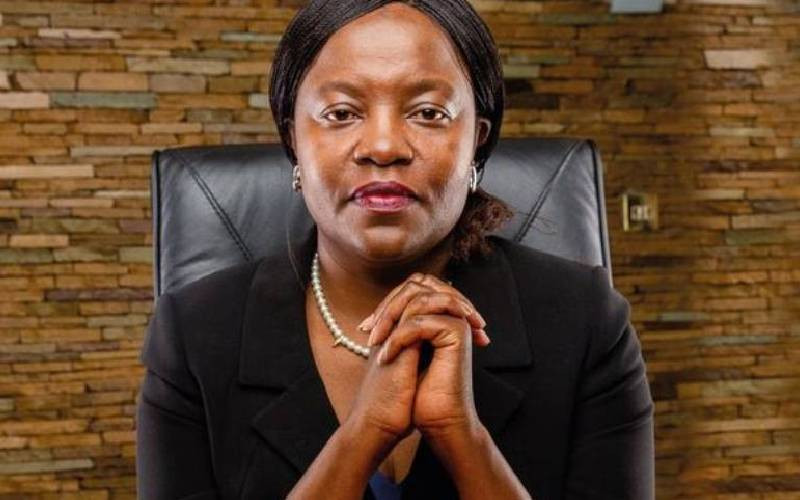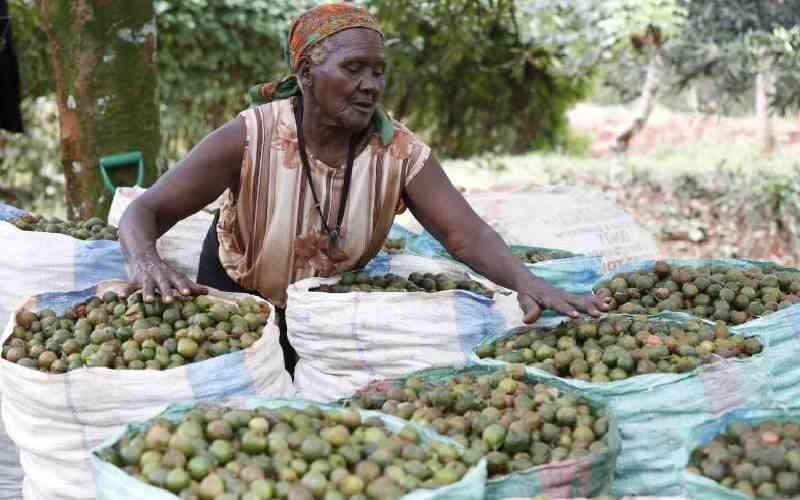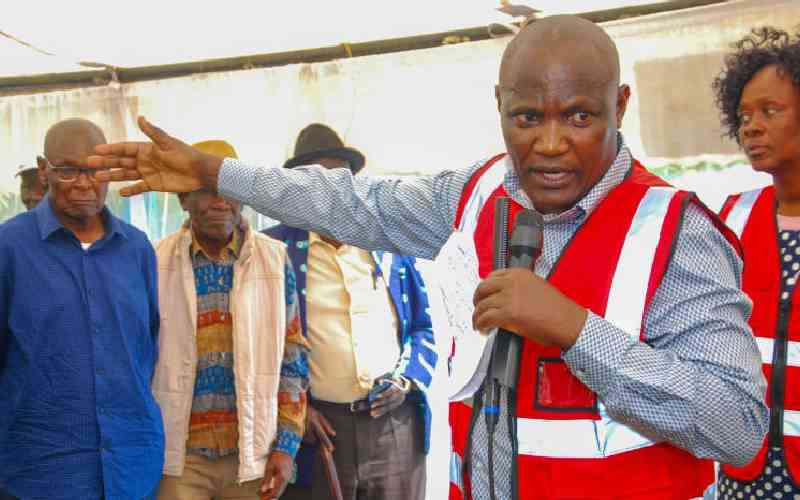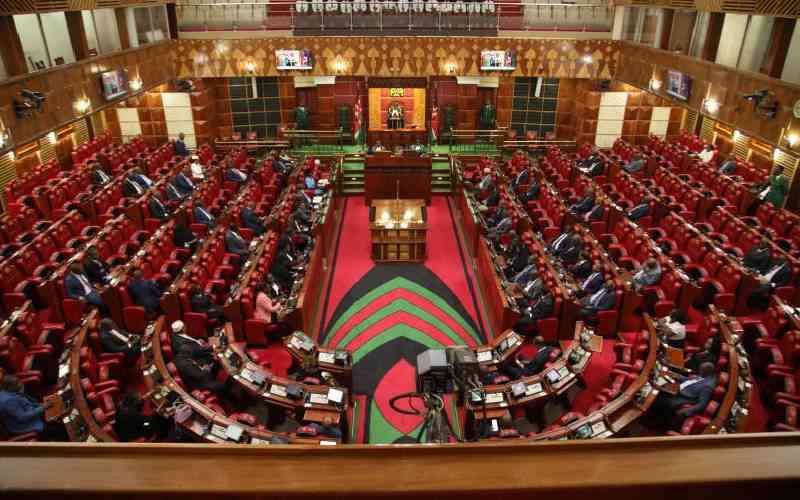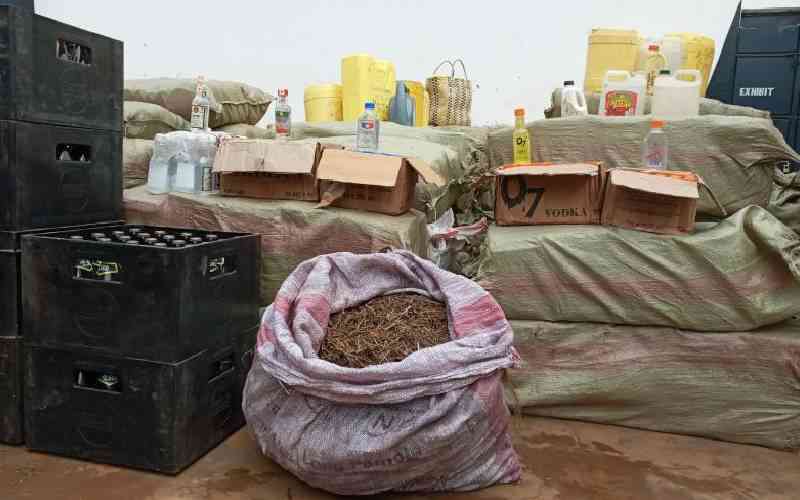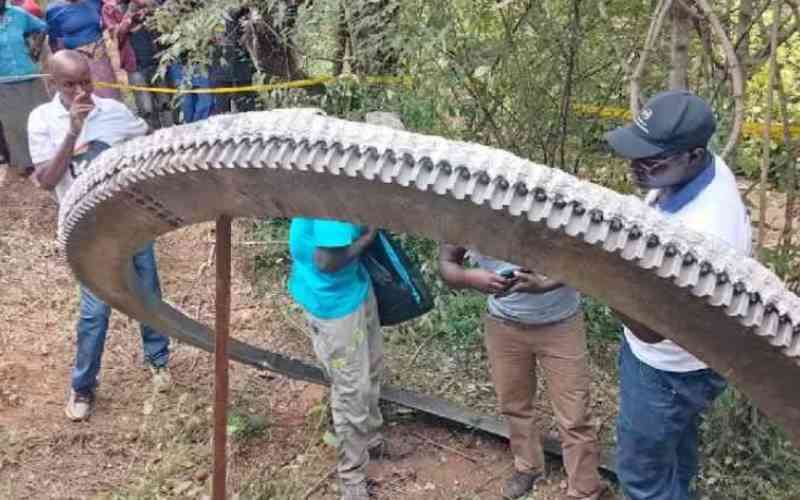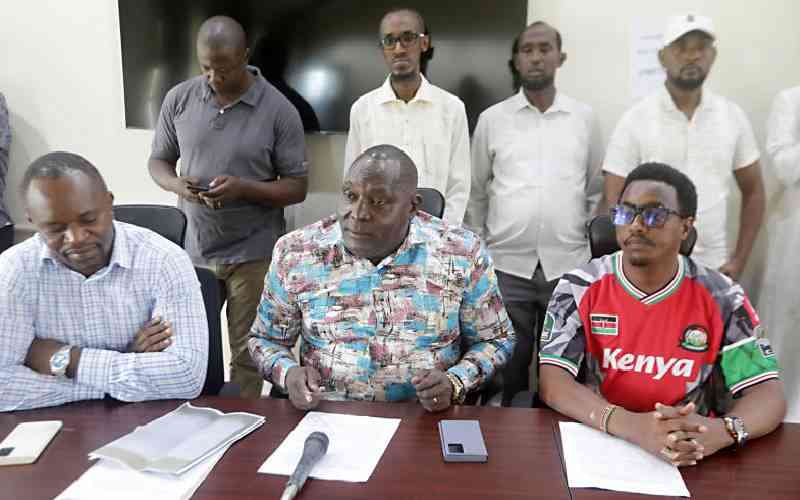
A damning report by the Africa Centre for Open Governance (AfriCOG) accuses Parliament of failing to fulfill its constitutional duty regarding government borrowing, leading to a ballooning national debt and a future burden on taxpayers.
The report, argues the Kenyan Parliament kowtows to Executive, adding that it has abdicated its responsibility to scrutinise and approve foreign loans before they are contracted.
“In the financial year 2023-2024, the government took out 36 new foreign loans amounting to Sh898 billion. 27 were from multilateral lenders, six from commercial banks and three from bilateral lenders. Last year Kenya paid over half a trillion shillings in external principal repayments; in 2024 over 330 billion falls due. Between 2025 and 2027, the National Treasury must repay over 1.5 trillion shillings to foreign creditors,” says Africog.
It notes: “The general public is neither consulted nor is there any concerted effort to inform them on the logic and details of the debt being incurred. It is bad enough that the public isn’t told about Executive borrowing, but even their representatives in the Parliament are kept out of the loop. The constitutional principle of ‘no taxation without representation’ implies the related idea of ‘no borrowing without representation’.”
This, AfriCOG says, violates Article 211 of the Kenyan Constitution, which grants Parliament the power to “authorise and regulate borrowing and impose reporting requirements.”
“Kenyan citizens will pay hundreds of millions of dollars annually over the next seven years, with a staggering lump sum repayment of $3 billion (Sh387 billion) due in 2031,” the report warns.
“This burden is being imposed without any parliamentary oversight or public consultation.”
The report highlights several missed opportunities for Parliament to assert its authority.
Notably, it criticises the amendments made to the Public Finance Management Act (PFMA) in May 2014, which facilitated the first Eurobond issuance and was later marred by a billion-dollar scandal.
AfriCOG calls for a two-pronged approach to address the issue. It urges Parliament to enact legislation enforcing “a priori approval” of foreign debt, as envisioned by the Constitution.
It also advocates for the establishment of civil society roundtables to engage parliamentarians and discuss potential legislative solutions.
“We contend that Parliament must use its authority to rein in the Executive’s debt contracting instinct. It must ensure that Kenya reduces the cost of foreign loans because interest payments and redemptions amount to exporting resources to creditors abroad. Carelessly contracted or misapplied debt implies higher taxes for future generations,” says Africog.
The report emphasizes the economic consequences of unchecked borrowing.
It notes that over 22 per cent of national revenue in the 2023-2024 financial year went towards servicing foreign debt interest payments alone.
This translates to a significant drain on resources that could be directed towards development projects, it concludes. “The public is neither consulted nor informed about the rationale and details of the debt being incurred,” the report decries.
AfriCOG wants Parliament to reclaim its constitutional role and prioritise fiscal responsibility.
The report emphasizes the need for stricter controls on borrowing, improved transparency.
 The Standard Group Plc is a multi-media organization with investments in media platforms spanning newspaper print
operations, television, radio broadcasting, digital and online services. The Standard Group is recognized as a
leading multi-media house in Kenya with a key influence in matters of national and international interest.
The Standard Group Plc is a multi-media organization with investments in media platforms spanning newspaper print
operations, television, radio broadcasting, digital and online services. The Standard Group is recognized as a
leading multi-media house in Kenya with a key influence in matters of national and international interest.

